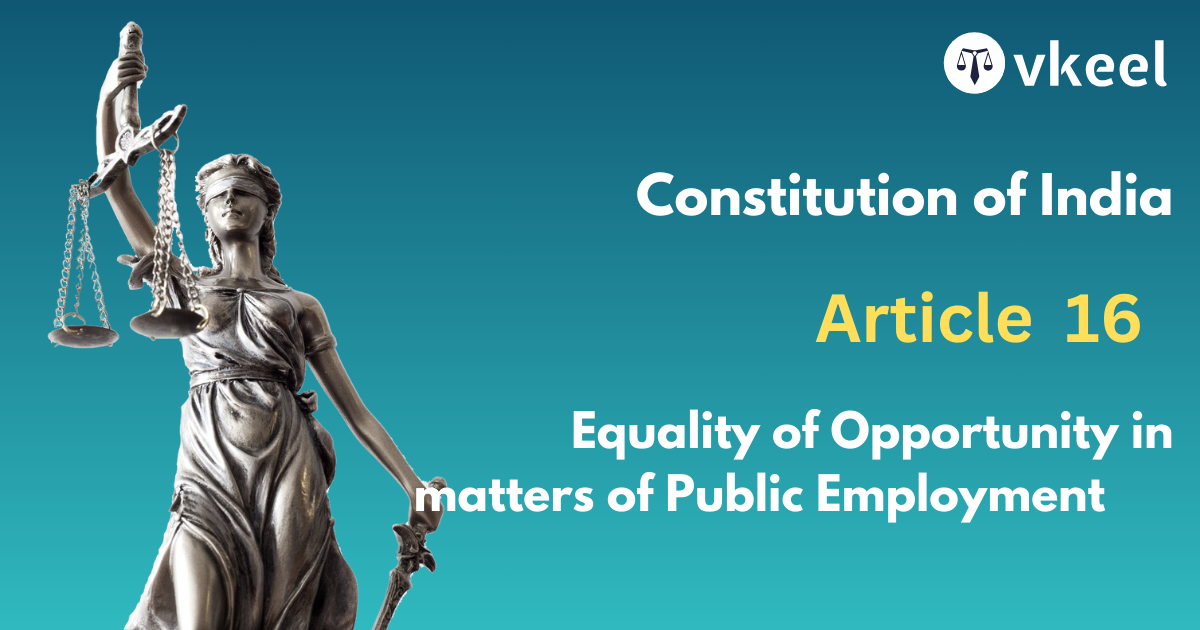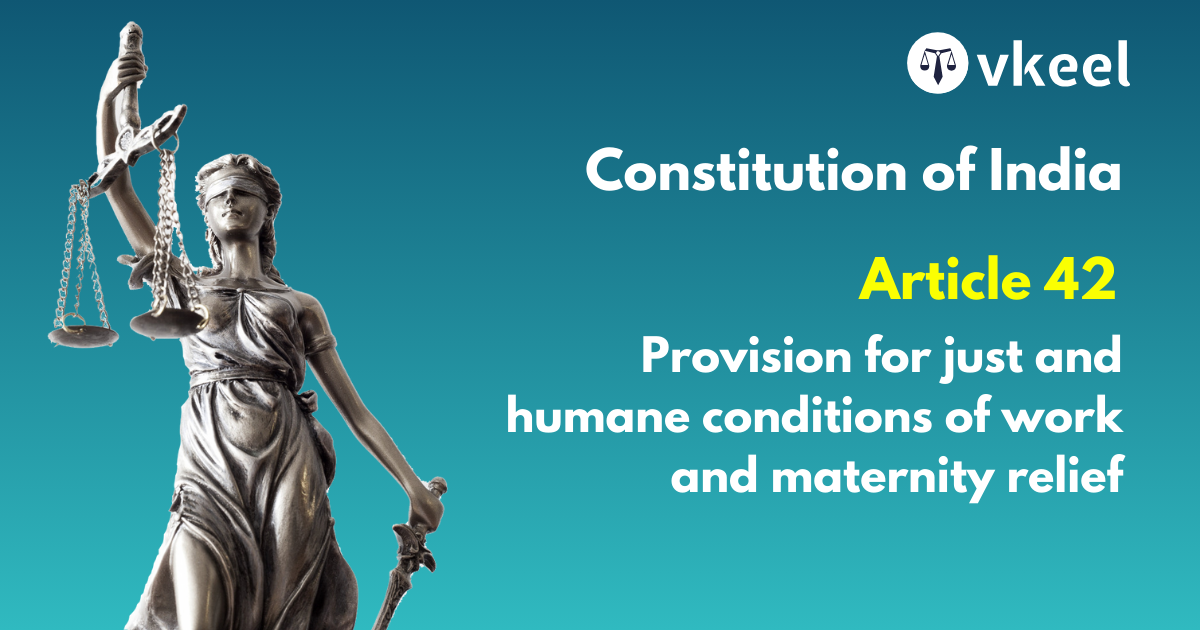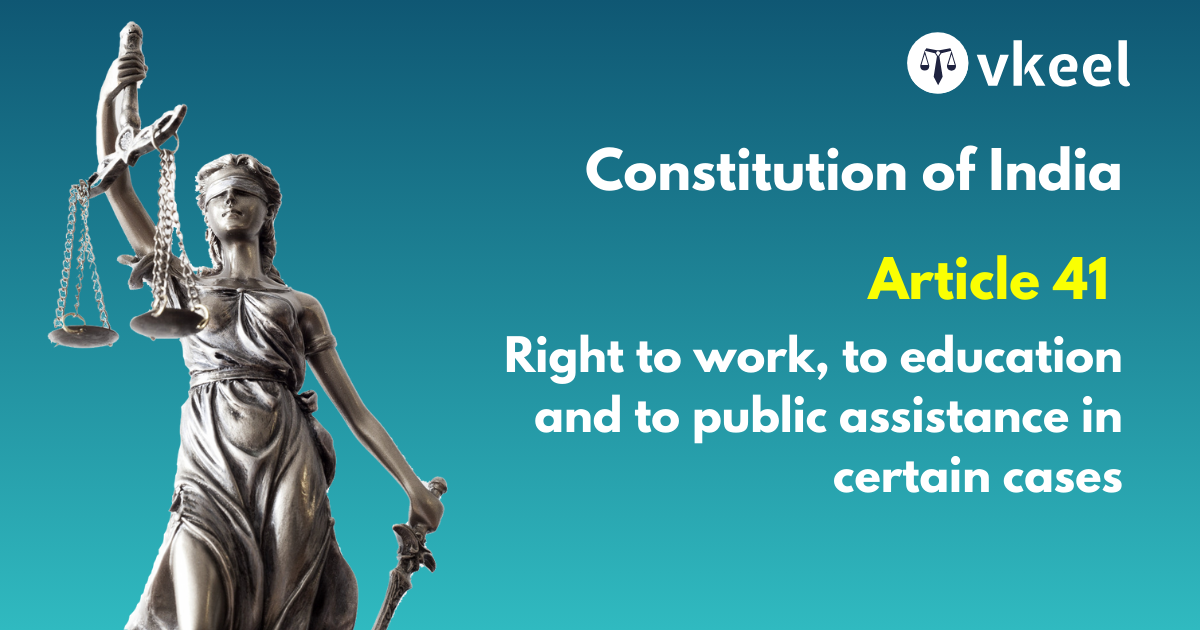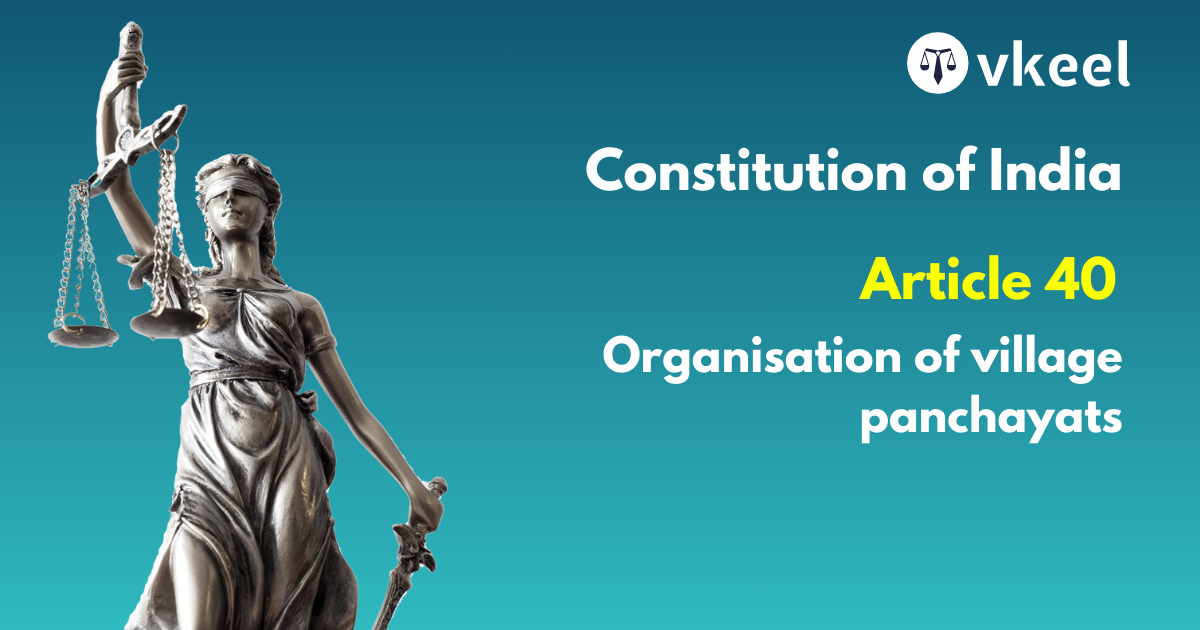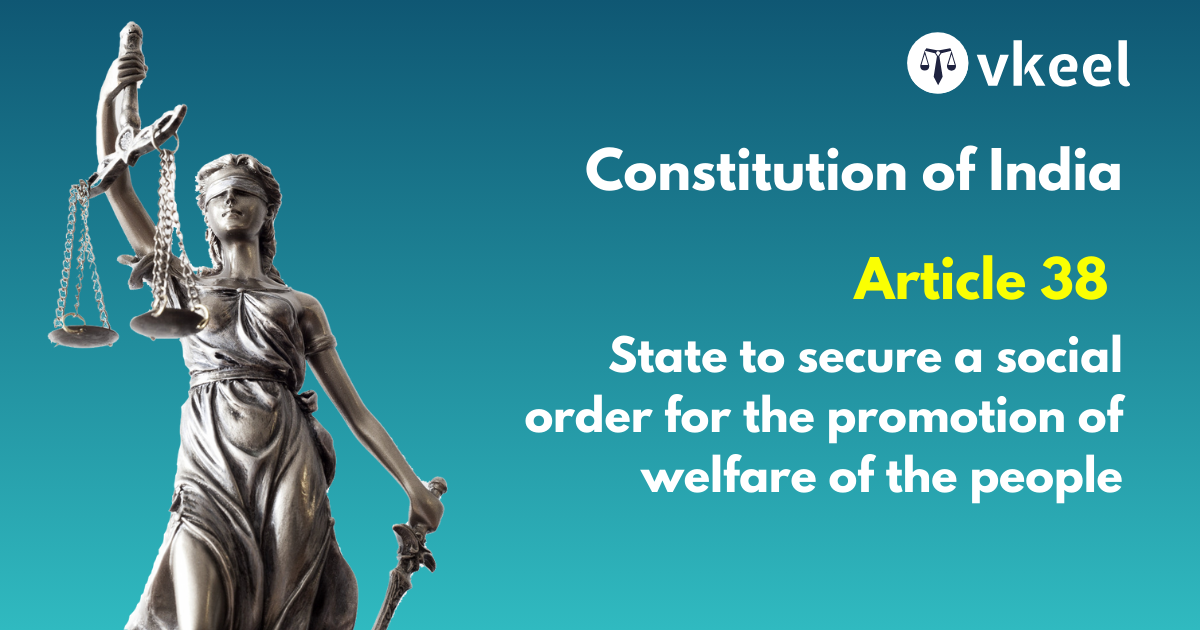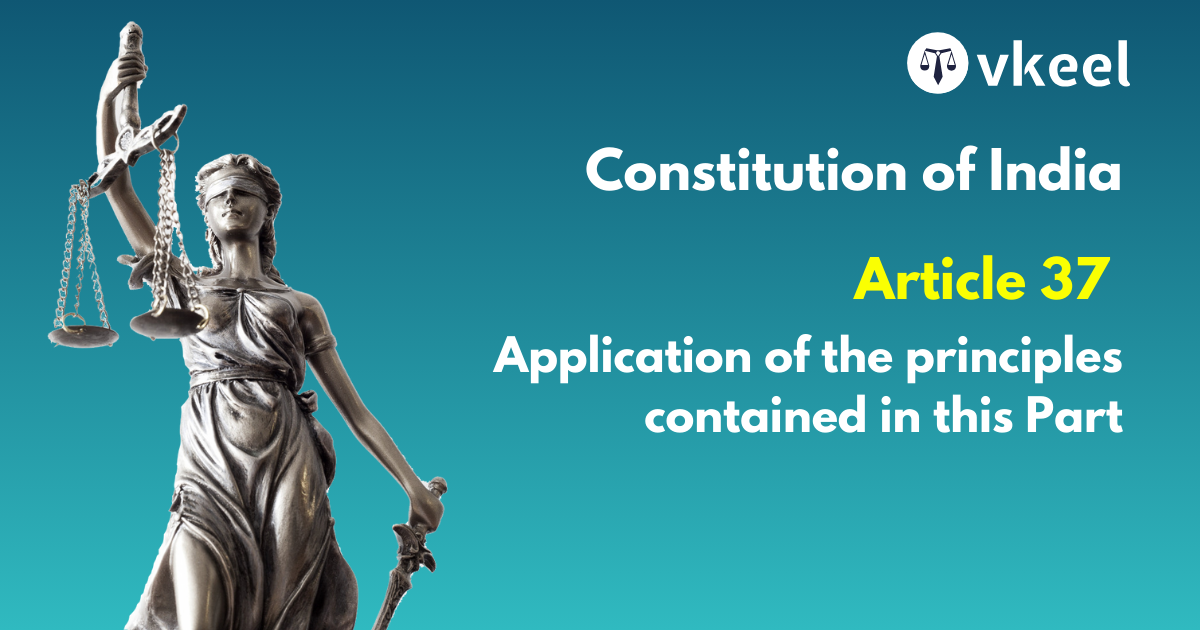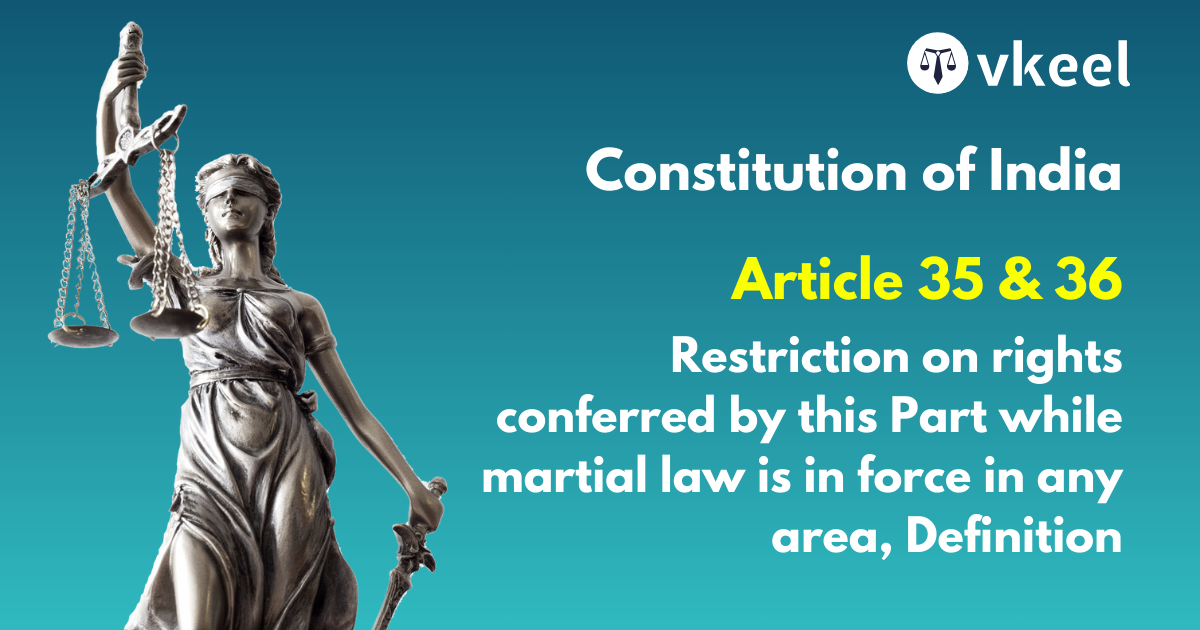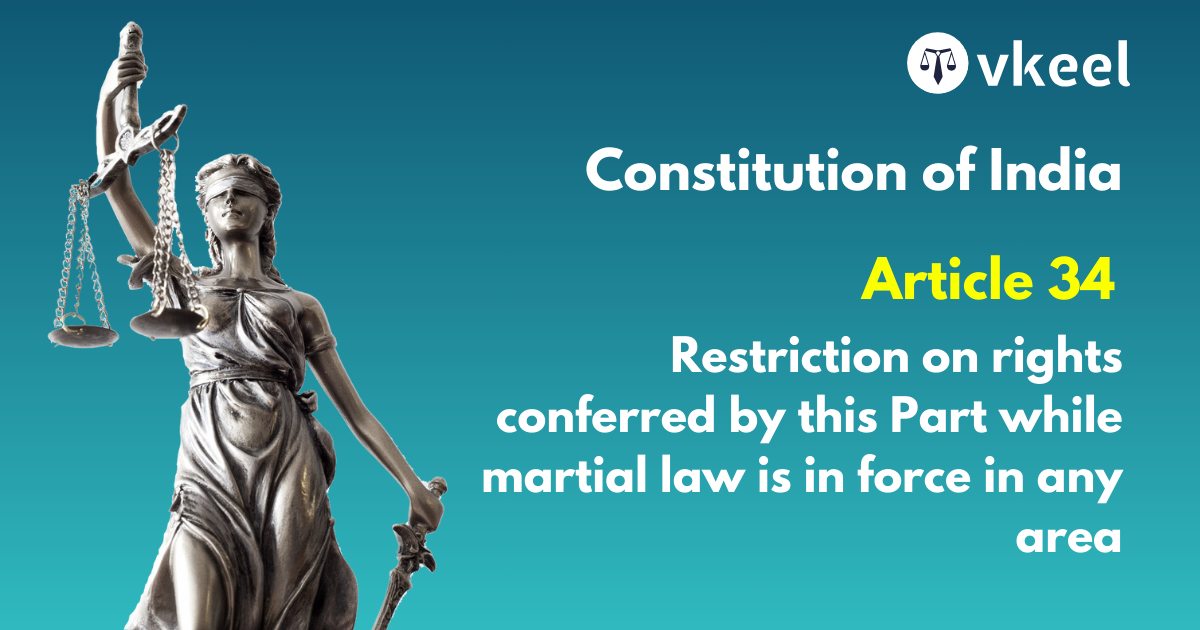Article 16: Equality of Opportunity in matters of Public Employment
By Vanshika Saini
Table of Contents
Introduction
Under Article 16, all citizens of India are guaranteed equality of opportunity in matters relating to employment or appointment to any office under the state and no citizen can be discriminated against or be ineligible for any post under the state on grounds of race, religion, caste , sex, place of birth , descent or residence.
Under an exception only, to the general rule of equality and opportunity in terms of public employment under clause 5 of the same article, prescribes that the incumbent of an office in connection with the affairs of a religious or denominational institution, therefore belong to the particular religion or denomination.
Article 16
Equality of opportunity in matters of public employment.—
(1)There shall be equality of opportunity for all citizens in matters relating to employment or appointment to any office under the State.
(2) No citizen shall, on grounds only of religion, race, caste, sex, descent, place of birth, residence or any of them, be ineligible for, or discriminated against in respect of, any employment or office under the State.
(3) Nothing in this article shall prevent Parliament from making any law prescribing, in regard to a class or classes of employment or appointment to an office [under the Government of, or any local or other authority within, a State or Union territory, any requirement as to residence within that State or Union territory] prior to such employment or appointment.
(4) Nothing in this article shall prevent the State from making any provision for the reservation of appointments or posts in favour of any backward class of citizens which, in the opinion of the State, is not adequately represented in the services under the State.
[(4A) Nothing in this article shall prevent the State from making any provision for reservation
[in matters of promotion, with consequential seniority, to any class] or classes of posts in the services under the State in favour of the Scheduled Castes and the Scheduled Tribes which, in the opinion of the State, are not adequately represented in the services under the State.] [(4B) Nothing in this article shall prevent the State from considering any unfilled vacancies of a year which are reserved for being filled up in that year in accordance with any provision for reservation made under clause (4) or clause (4A) as a separate class of vacancies to be filled up in any succeeding year or years and such class of vacancies shall not be considered together with the vacancies of the year in which they are being filled up for determining the ceiling of fifty per cent. reservation on total number of vacancies of that year.]
(5) Nothing in this article shall affect the operation of any law which provides that the incumbent of an office in connection with the affairs of any religious or denominational institution or any member of the governing body thereof shall be a person professing a particular religion or belonging to a
particular denomination.
[(6) Nothing in this article shall prevent the State from making any provision for the reservation of appointments or posts in favour of any economically weaker sections of citizens other than the classes mentioned in clause (4), in addition to the existing reservation and subject to a maximum of
ten per cent. of the posts in each category.]
Judicial Pronouncements
Indira Sawhney vs Union of India ‘Neither the Constitution nor the Law prescribes the procedure or method of identification of backward classes. Nor is it possible or advisable for the Court to lay down any such procedure or method. It must be left to the. authority appointed to identify. It can adopt such method/ procedure a it thinks convenient and so long as its survey covers the entire populace, no objection can be taken to it. Identification of the backward classes can certainly be done with reference to castes among, and along with, other occupational groups, classes and sections of people. One can start the process either with the occupational groups or with castes or with some other groups. Thus one can start the process with the castes, wherever they are found, apply the criteria’
M.R. Balaji vs State of Mysore
‘Appointments contemplated by article 16(4) must be within reasonable limits.
The inetests a weaker sectised of society which as of fire community he ate ale!
The adjustment of these competing claims is undoubtedly a difficult matter, but if under the guise of making a special provision, a State reserves practically all the seats available in all the colleges, that clearly would be subverting the object of article 15(4). Speaking generally and in a broad way a special provision should be less than 50% how much less than 50% would depend upon the relevant prevailing circumstances in each case’
Indira Sawhney vs Union of India
Extent of judicial review: There is no particular or special standard of judicial scrutiny in matters arising under article 16(4). The extent and scope of judicial scrutiny depends upon the nature of the subject matter, the nature of the right affected, the character of the legal and constitutional provisions applicable and so on. The acts and orders of the State made under article 16(4) do not enjoy any particular kind of immunity. At the same time, Court would normally extend due deference to the judgment and discretion of the Executive – a co-equal wing – in these matters. The political executive, drawn as it is from the people and represent as it does the majority will of the people, is presumed to know the conditions and the meds withe people a to hence its judgment in matters within is judgment.
Conclusion
From the inception of Article 16 to the enriched judicial interpretations, its roots lay in the foundational principles of social justice and non discrimination, by prohibiting discrimination on various grounds.
It symbolizes the collective effort to construct a society where opportunities are accessible to everyone and not restricted by any background.
Disclaimer:
The information provided in the article is for general informational purposes only, and is not intended to constitute legal advice or to be relied upon as a substitute for legal advice. Furthermore, any information contained in the article is not guaranteed to be current, complete or accurate. If you require legal advice or representation, you should contact an attorney or law firm directly. We are not responsible for any damages resulting from any reliance on the content of this website.

